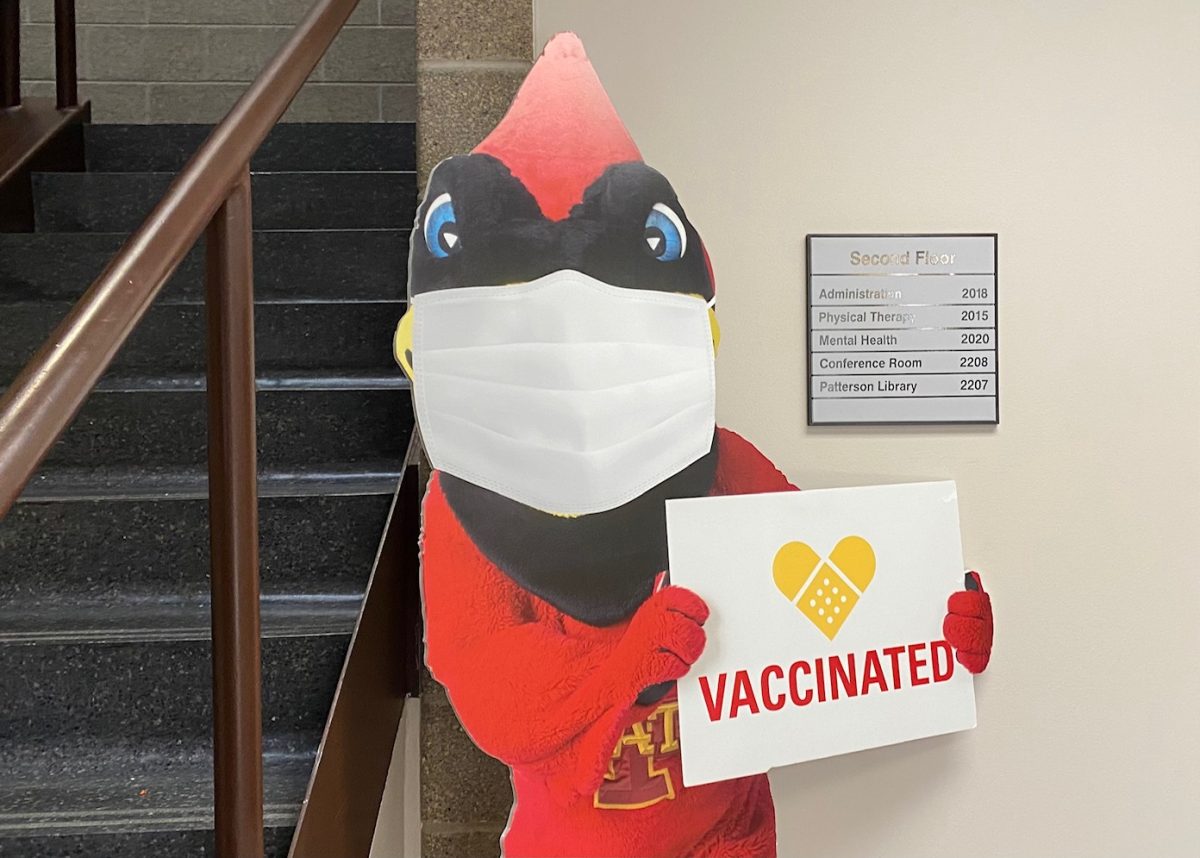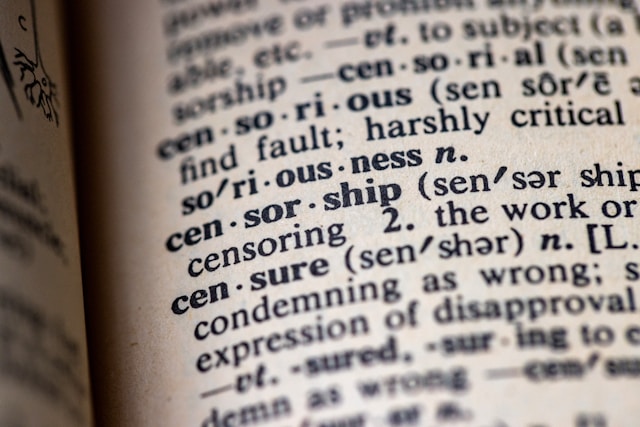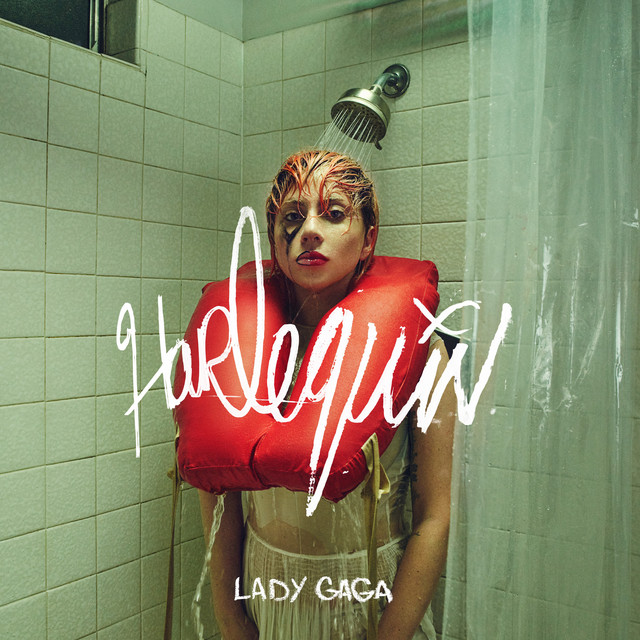LGBT community supports lesbian studies classes
October 19, 1999
Two lesbian studies classes are being added to Iowa State’s curriculum next semester, and leaders in ISU’s gay community have nothing but encouraging words for the new options.
“Lesbian issues, as well as any other LGBTAA issues, are just as much a part of American history — or world history, for that matter — as any other group’s issues,” said former Lesbian, Gay, Bisexual, Transgender and Ally Alliance President Angie Chipman.
Chipman, a senior in psychology and history who concluded her second term as LGBTAA president last school year, said there could be some mixed reaction from students to the two new lesbian studies courses that are being offered spring semester.
“My ideal reaction from students would be that they might say, ‘This is an issue on which I could use more education,'” she said.
As of spring 2000, ISU students will have that chance to become more educated about lesbian issues.
One new course that will be offered deals with literature written by and about woman-identified and lesbian women. This course, English 582, is titled “Studies in British Prose: Woman-Identified/Lesbian Prose 1750-Present.”
Kathy Hickok, associate professor of English, will be the instructor of the class.
Hickok, who has taught a similar 300-level course in past semesters, said distinguishing between the terms “woman-identified” and “lesbian,” shows the historical shift in the way female relationships have been defined and labeled.
The term “lesbian,” which bears some sexual connotation and is sometimes stigmatized, is a term that was defined only 100 years ago, Hickok said.
“Before that time, women were even encouraged [in some cultures] to have close relationships with other women,” she said.
The term “woman-identified,” which was coined in the United States during the women’s movement of the 1960s, is used to describe those close, woman-to-woman relationships that may or may not have been sexual, Hickok said.
In the course, students will read novels, letters, journals, essays and short stories by and about both woman-identified and lesbian women.
Although the course is designed for graduate students, qualified undergraduates and non-English majors may take the course with permission from Hickok.
Likewise, the course titled “Lesbian Cultures and Communities,” or Women’s Studies 203X, also explores the complexities of lesbianism.
Sine Anahita, graduate student in sociology, will be teaching the class.
The course, which was taught by Anahita last spring, is considered a new course because it still is classified as experimental.
If interest in the course’s subject matter remains at a high with students, it may be offered on a regular basis.
Current LGBTAA President Sarah Schweitzer, who took the class last spring, said it was an enlightening experience.
“I keep plugging the class because it was such a great class because [it addressed] historical impact and different viewpoints. Also, learning about transgender people was incredibly eye-opening,” said Schweitzer, sophomore in women’s studies and history.
The course description promises an “interdisciplinary exploration of contemporary and historical lesbian cultures and communities in the United States” with a specific look at the “roots, politics, populations and conflicts of various dyke communities from multiple perspectives.”
Anahita said she is careful to include discussion on the diverse range of lesbian communities.
“We’re not just dealing with white lesbian culture, but we talk about African Americans, Native Americans, the deaf lesbian culture [among other groups],” she said.
The real focus of the course is to “eliminate the invisibility and marginality that lesbians have been subjected to,” Anahita said.
Anahita said the course will promote understanding diversity.
“Students take away what vibrant communities the lesbian cultures have been,” she said.






